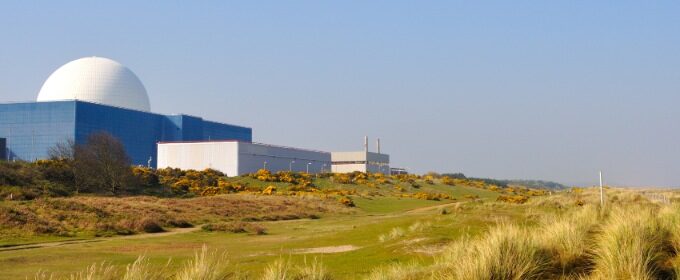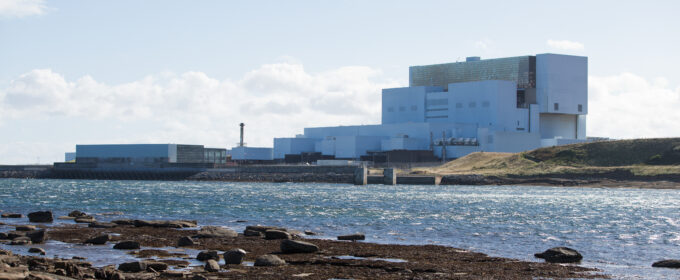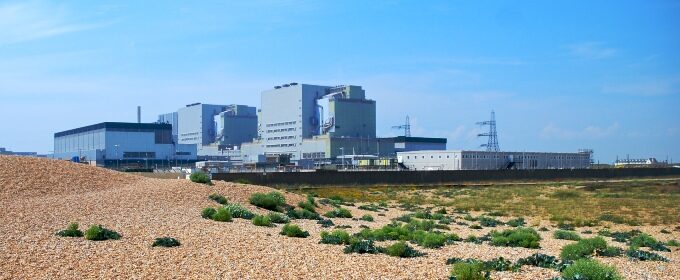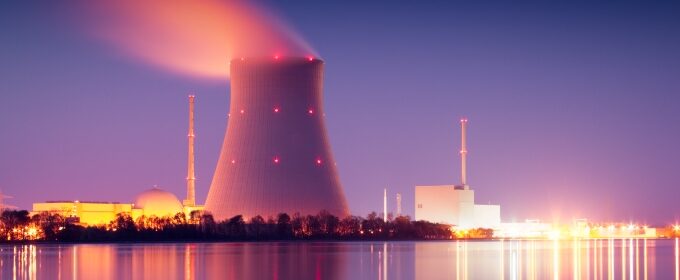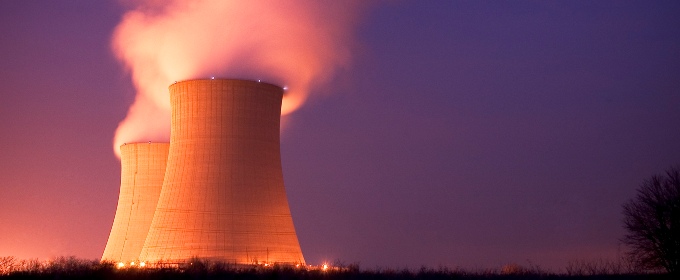The government has today announced plans to build eight new nuclear reactors in the UK, alongside strategies to boost wind, hydrogen, and solar production. These new reactors are intended to improve the UK’s energy self-sufficiency and reduce greenhouse gas emissions, as well as creating thousands of new jobs. In this blog, Professor Francis Livens of […]
